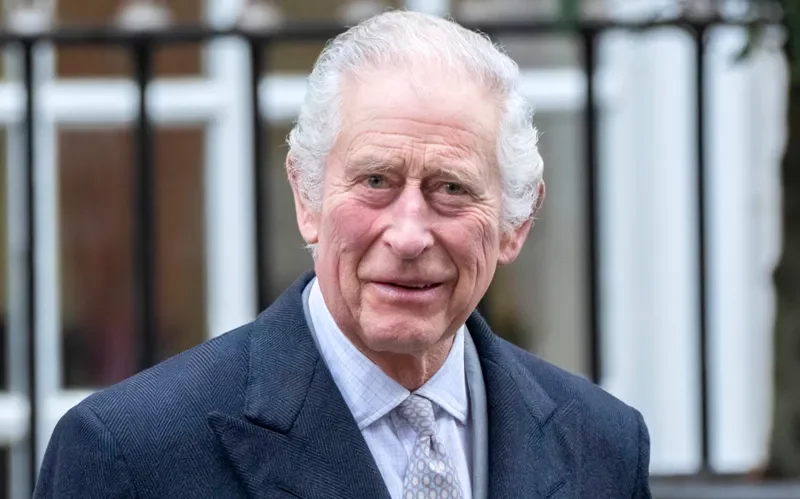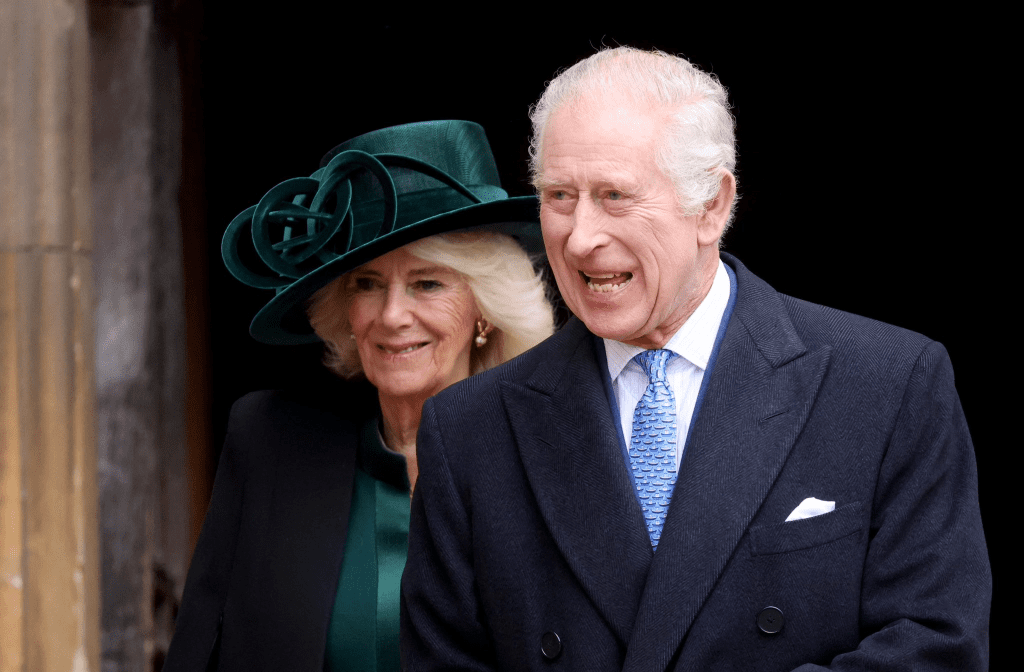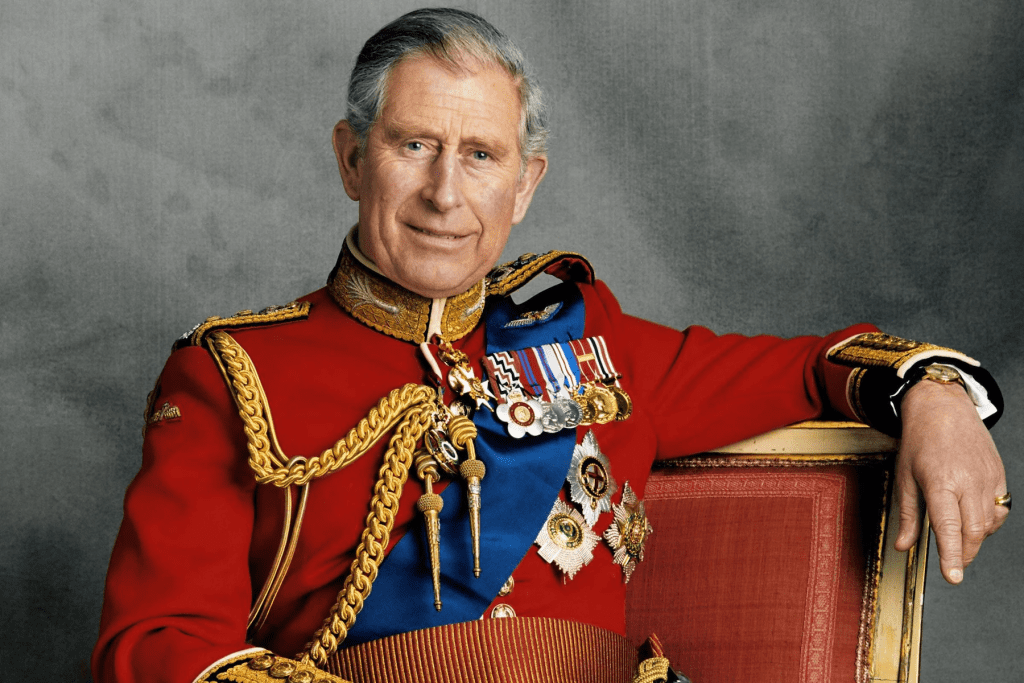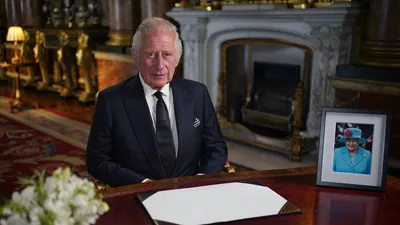King Charles III, the reigning monarch of the United Kingdom, faced a significant personal challenge in early 2024 when he was diagnosed with cancer. The diagnosis, made during a routine procedure to treat benign prostate enlargement, revealed the need for medical attention, but it was clarified that the condition was not prostate cancer. Despite the diagnosis, King Charles demonstrated unwavering resilience, balancing his health journey with his royal responsibilities.

In early 2024, during a standard medical procedure, doctors discovered that King Charles III had cancer. The news sent ripples through the royal family and the nation. Although the condition was not prostate cancer, the diagnosis was enough to prompt immediate medical intervention. For a monarch deeply committed to his role, the situation presented a significant challenge—one that required prioritizing his health while maintaining the stability of the Crown.
This moment marked a rare instance of transparency from Buckingham Palace, as they shared updates about King Charles’s condition. The public was quick to express their concern, offering prayers and well-wishes for his recovery.
Following the diagnosis, King Charles began a regular treatment regimen under the close supervision of medical experts. His health required him to temporarily step back from his demanding public duties. This decision was not taken lightly, as the King has always been a steadfast symbol of leadership and dedication.
Despite the physical and emotional toll of treatment, King Charles remained optimistic. Sources close to the royal family revealed that his determination to overcome this challenge inspired those around him. His resilience became a testament to his unwavering commitment to serving the nation, even in the face of personal adversity.
During his recovery, King Charles continued to fulfill his constitutional responsibilities as head of state. While public appearances were temporarily reduced, he maintained a strong presence behind the scenes. The King’s dedication to his role ensured that royal functions continued seamlessly, with senior members of the family stepping in for certain public engagements.
The temporary reduction in his public schedule highlighted the importance of prioritizing health, even for a monarch. King Charles’s ability to delegate responsibilities demonstrated his trust in his family and advisors, showing the strength of the royal institution during a challenging time.
By April 2024, Buckingham Palace shared uplifting news—King Charles had made significant progress in his treatment. His recovery allowed him to gradually resume public-facing duties, much to the relief and joy of the public. His return was carefully planned, ensuring he could balance his health needs with his responsibilities.

One of his first public engagements after returning was a visit to a cancer treatment center. This visit was particularly poignant, as it allowed the King to connect with other cancer patients. He shared his own experiences and offered words of encouragement, creating a powerful moment of solidarity. The visit demonstrated his ability to use personal challenges to foster empathy and strengthen his connection with the people.
King Charles’s openness about his health journey marked a significant shift in the monarchy’s relationship with the public. By sharing updates on his condition, he broke away from the traditionally private nature of royal health matters. This transparency resonated with the public, humanizing the King and making him more relatable.
In a time when mental and physical health struggles are gaining more recognition, King Charles’s approach served as an example of how public figures can use their platforms to inspire and educate. His willingness to discuss his challenges highlighted the importance of early detection, treatment, and emotional resilience.

As King Charles resumed his royal duties, his engagements reflected a renewed sense of purpose. His visit to the cancer treatment center was just the beginning. He also attended events that emphasized healthcare, community support, and the resilience of individuals facing similar battles. These appearances were not only symbolic but also deeply meaningful, showing his commitment to using his experience to inspire others.
The King’s return underscored his dedication to service. Despite the physical and emotional toll of his health journey, he demonstrated that adversity could be met with courage and grace. His actions reminded the nation of the strength and resilience that define the monarchy.
King Charles III’s health journey offers several important lessons. First, it highlights the value of early detection and regular medical check-ups, which can identify potential health issues before they escalate. Second, it emphasizes the importance of balancing personal well-being with professional responsibilities, a challenge many can relate to in their own lives.

Moreover, his openness about his struggles demonstrates the power of vulnerability. By sharing his experience, King Charles encouraged others to prioritize their health and seek support when needed. His journey serves as a reminder that even the most prominent figures face challenges, but resilience and determination can pave the way to recovery.
King Charles III’s experience with cancer in 2024 showcased his strength, resilience, and dedication to duty. His journey from diagnosis to recovery highlighted the importance of health, transparency, and empathy. By sharing his challenges with the public, he not only inspired the nation but also reinforced the connection between the monarchy and the people.
As the King continues to lead with grace and determination, his story serves as a powerful reminder that even in the face of adversity, resilience and compassion can shine through. His bravery in confronting his health challenges head-on has solidified his place as not just a monarch, but a symbol of hope and strength for the nation.


